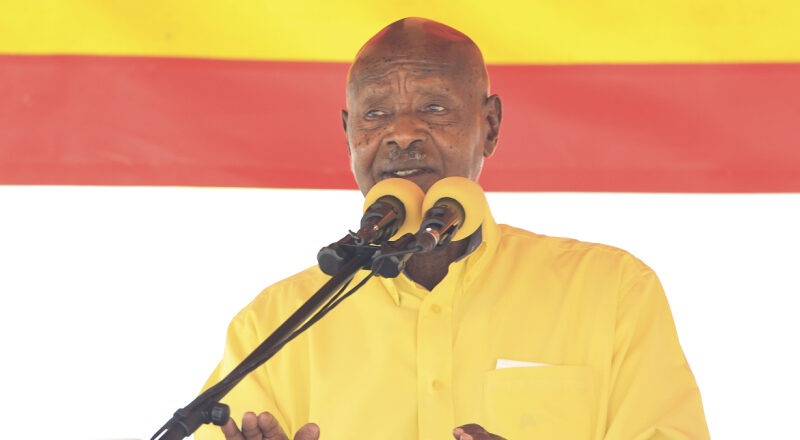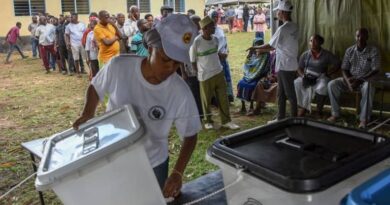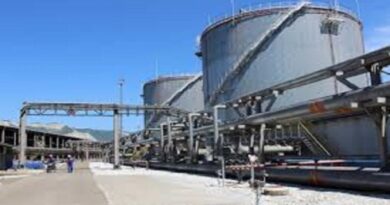Museveni Highlights Uganda’s Economic Transformation, Calls for Focus on Wealth Creation and Infrastructure
President Yoweri Kaguta Museveni, speaking in his capacity as Chairman of the National Resistance Movement (NRM), has reflected on Uganda’s economic journey since independence, highlighting the progress made under the party’s leadership and emphasizing the need for citizens to focus on wealth creation, infrastructure development, and sustainable livelihoods.
Addressing NRM delegates and leaders, Museveni traced the history of Uganda’s economy from the colonial era, noting the partial integration into the British capitalist system through the “3Cs and 3Ts”—Coffee, Cotton, Copper, Tea, Tourism, and Tobacco.
He underscored that at independence in 1962, only 9% of Ugandan homesteads were integrated into the cash economy, with 91% living in pre-capitalist subsistence systems.
Recalling the collapse of key sectors during Idi Amin’s regime, Museveni said:
“Only coffee and tobacco were still limping on. The whole economy had been informalized, and people were getting products and foreign currency through Magendo, Kibaanda, and Kusamula.”
The President attributed the subsequent economic recovery and growth to the NRM’s multi-phase strategy, which included restoring the monetary economy, expanding production, diversifying agriculture, adding value to key products, and gradually moving into the knowledge economy.
He cited Uganda’s remarkable economic expansion, from USD 3.9 billion in 1986 to USD 66.1 billion by 2025-26 (forex method) and USD 188 billion by PPP method, attributing this growth to peace, security, sound economic policies, and infrastructure development.
Museveni emphasized the importance of infrastructure in lowering the cost of doing business and improving competitiveness:
“Without infrastructure, the economy cannot grow. These assets must enable us to have low costs of doing business, which will allow our people to succeed and make profits.”
The President also stressed the centrality of wealth creation at the household level, urging Ugandans to focus on productive agriculture and sustainable income generation:
“Seek ye first the homestead income, and the rest shall be added unto you… With good family incomes, you can send your children to private schools, access quality health care, and improve your standard of living.”
He highlighted commercial agriculture, both intensive and extensive, as a major avenue for wealth creation, citing crops such as coffee, fruits, dairy, poultry, piggery, and fish farming as high-demand opportunities with strong regional and global markets.
Museveni warned against irrational land use, encouraging proper management of wetlands and terrestrial areas to maximize productivity and environmental sustainability.
The NRM Chairman concluded by reiterating the party’s seven guiding pillars for national recovery and growth: peace, development, wealth, jobs, services, markets, and political federation.
“Peace is number one. Without peace, you cannot create prosperity through production and sale of goods and services sustainably,” Museveni said.
The speech underlined the NRM’s continued focus on consolidating economic gains, improving infrastructure, and empowering citizens to create wealth from local resources, while preparing Uganda for further integration into the global knowledge economy.




